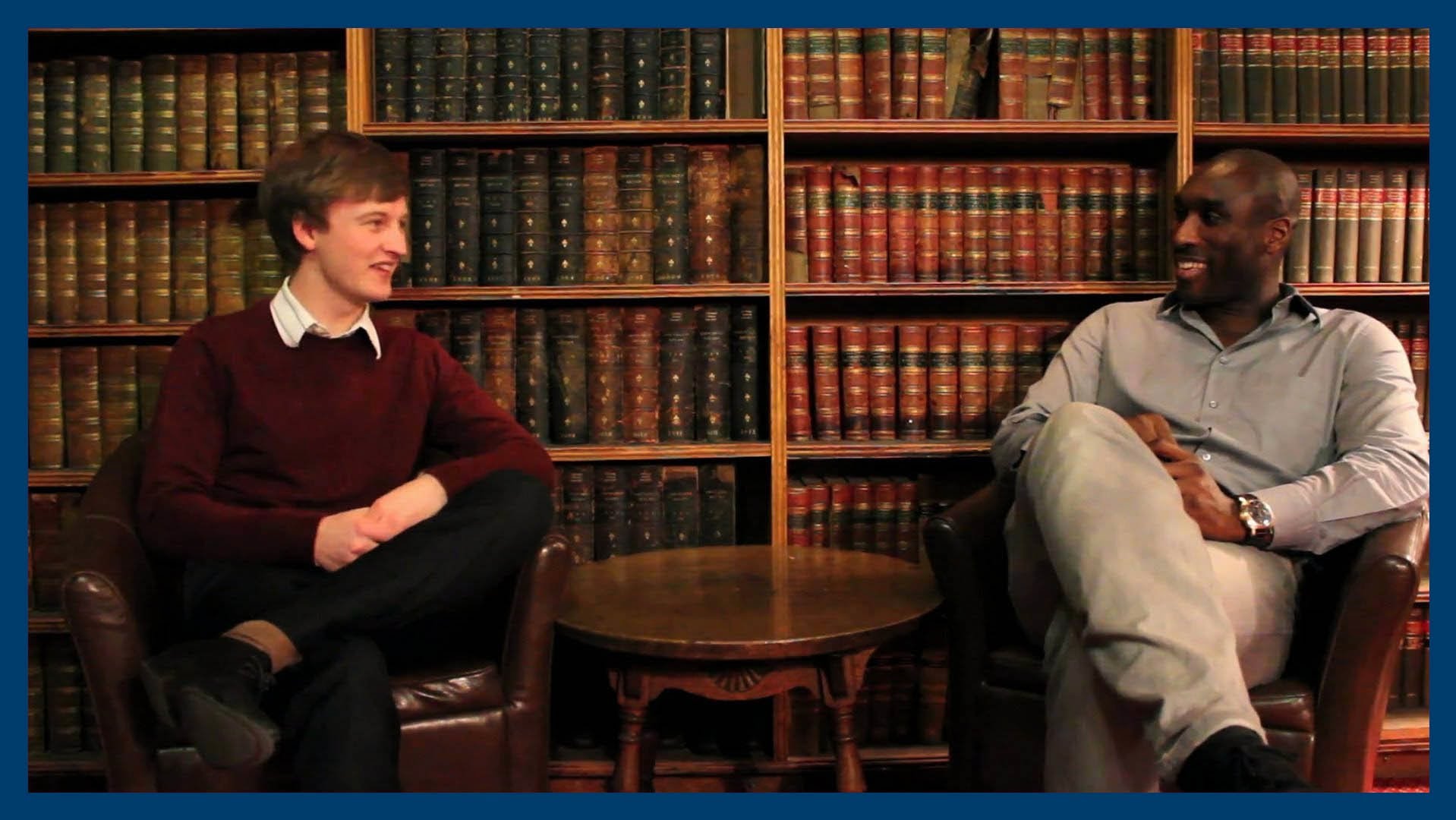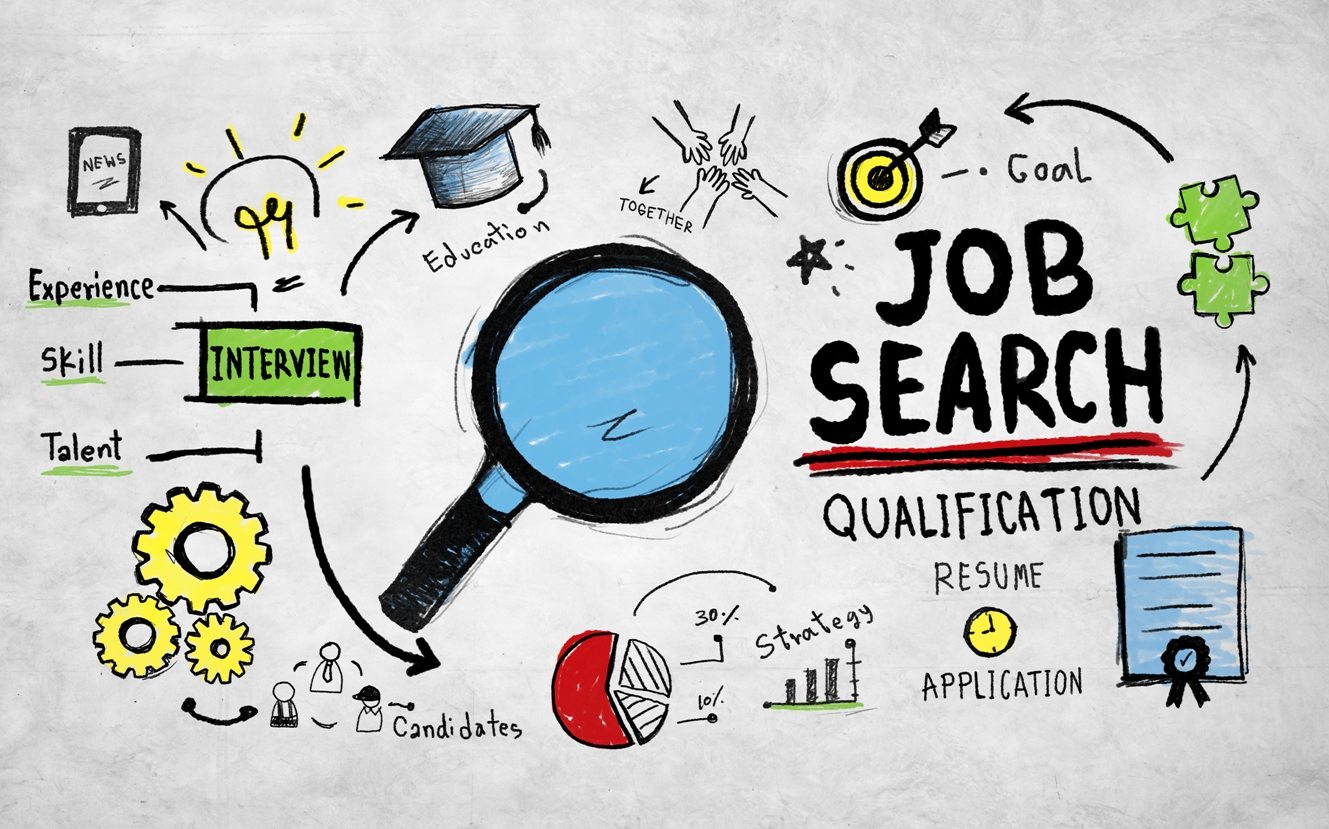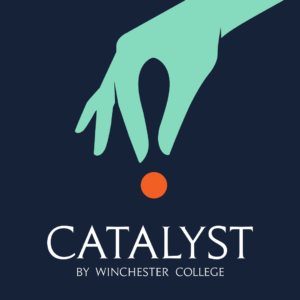March 03, 2021
The Mystery of the Cambridge Law Test: How Should You Prepare for it?
If you are planning to apply to study Law at Cambridge, you may want to consider doing some preparation for the Cambridge Law Test (‘CLT’). If you are invited for an admissions interview, you will take the CLT on the same day. It is a 1-hour long test where you will have to write an argumentative essay based on one of three prompts they provide in the test paper.

1) Get the right past papers
Over the past few years the CLT format has changed quite drastically, so it is important that you get past papers from a reliable and up-to-date source. The Cambridge BA Faculty of Law website has 5 sample papers for you to practice the test with. As with most standardised tests, the best way to prepare is to familiarise yourself with the types of questions past papers asked so that you know how to approach the questions in the actual test.
2) Practice brainstorming and writing essays
A great way to practice your analytical and argumentative skills is to practice writing essays from past papers. It is great if you are able to write full essays within the time limit of 1-hour to get used to the time pressure, but if you are a bit short on time, you can still practice the ‘thinking’ skills required by writing outlines for sample questions. You can set a timer for 10-15 minutes where you brainstorm arguments and counterarguments for a sample question and write out a full outline for it.
3) Make use of the time you are given
The admissions tutors are not looking for long-winded arguments with a lot of waffle – they would rather read essays which are concise and well-argued, so do not feel the need to spend the entire hour writing your essay. A lot can be done in 1 hour so you should definitely put aside some time at the beginning to properly brainstorm and plan out a good structure for the essay. 10-15 minutes is a good amount of time to dedicate to planning. In your outline you can write down your thesis statement and the key arguments and counterarguments you want to address.
It will also be useful to write notes for yourself regarding examples and evidence you want to provide in the essay to support your arguments. It may be useful to use different coloured pens – 1 colour for your key arguments, another colour for evidence so that when you are writing you can easily keep track of what has or has not already been written and make sure you do not forget to mention and explain your evidence. As with any essay-based test, you should also leave at least 5-10 minutes at the end to proofread your work and to ensure you have time to write a decent conclusion.
4) Engage with the issues in the question
The CLT marking criteria also requires the candidate to explain ‘his or her reasoning in a clear and logical way’. Whenever you make an argument remember to back it up with an explanation, and if possible, some examples or evidence to strengthen your argument. The evidence you can provide can be from the news or from extracurricular reading you have done (e.g. The Economist), or even hypothetical examples you come up with.
As the marking criteria also asks for ‘coherent, well-structured and balanced’ arguments, do not forget to address counterarguments. Being able to rebut counterarguments makes your main argument even stronger, as it shows you can tackle opposing ideas.
5) Have a clear structure
Your reasoning will seem a lot more logical and well-structured if you sign-post in the introduction. This means you should clearly state how you plan to develop your argument throughout the essay. After explaining your thesis statement, you should write what your main arguments are in the correct order. (‘Firstly…Secondly…Finally…’)
A good template to use is to stick to around 3 main arguments, then tackle around 2 counterarguments before writing your conclusion. Always try and link your topic sentences and the conclusion back to the essay question.
Best of luck with getting an interview offer and sitting the CLT!
To find out more about Ampla Education’s test preparation courses and university application services, contact us at info@ampla-edu.com
________________________________________________________________________
____________________________________________________________
Educated at the Chinese International School, Cara obtained a Bachelor of Arts degree in Law from the University of Cambridge and is currently studying for a Masters in Law. While at Cambridge, she was the Treasurer of the Cambridge University Law Society and was heavily involved in performing theatre. Cara has worked at the Cambridge University Law Faculty Open Day and as a Peterhouse Student Ambassador as she enjoys advising and helping prospective university applicants with the application process.
____________________________________________________________
© Ampla Education – Unauthorised use of this material without permission is strictly prohibited. Excerpts and links may be used, provided that full credit is given to Ampla Education
________________________________________________________________________
© Ampla Education - Unauthorised use of this material without permission is strictly prohibited. Excerpts and links may be used, provided that full credit is given to Ampla Education.



















